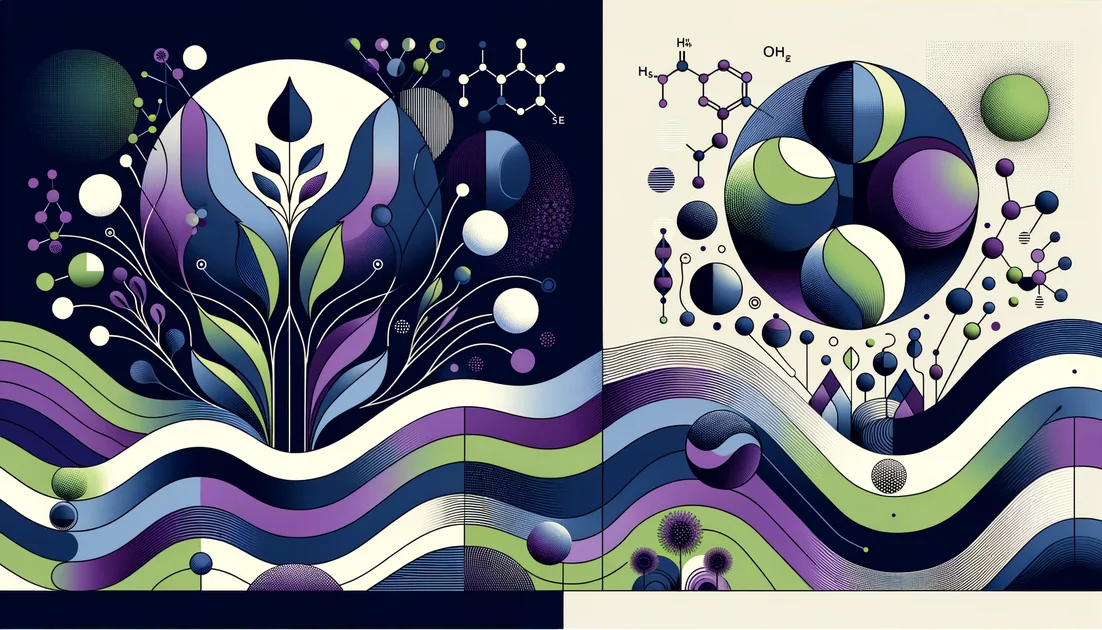
Practitioner-grade, hypoallergenic testing culture—with premium pricing and limited public COAs
Our Verdict
Allergy Research Group is a practitioner-centric, hypoallergenic brand that takes allergen control seriously and often opts for standardized, clinically referenced ingredients. Those are real quality signals. The trade-offs: public transparency lags (no open COA portal) and prices sit well above generic comparables. If you're a sensitive patient working with a clinician—or you want NSK-SD or lumbrokinase in a curated, practitioner ecosystem—ARG makes sense. If you want maximal transparency and minimal price, stronger options exist. [1][2][18][22][23]
How we investigated:We mapped ARG's quality claims and allergen policies against verifiable testing practices, scanned FDA/regulatory history, analyzed ownership shifts and add-on acquisitions, audited transparency signals (public COAs, GMP certifications), compared prices to market alternatives, and pressure-tested flagship formulas against the clinical literature on their ingredients. The picture that emerged: high intent on purity and allergen control, responsible use of branded actives like NSK-SD nattokinase, and a practitioner education engine—tempered by limited public test disclosures and premium MAP-protected pricing. [1][2][4][5][6]
Ideal For
- Patients with multiple sensitivities who benefit from finished-product allergen and GMO PCR testing.
- Practitioners seeking standardized enzyme actives (NSK-SD; lumbrokinase) and pro-only education assets (FOCUS, webinars).
- Consumers already using Optimox/Iodoral under physician supervision.
Avoid If
- You demand public, batch-level COAs for every product without contacting support.
- You're price-sensitive and don't require branded/standardized actives.
- You plan to self-experiment with high-dose iodine outside medical guidance.
Best Products
- Nattokinase NSK-SD 100 mg (2000 FU)
- Lumbrokinase (Delayed-Release)
- Mastica (Chios mastiha gum)
Skip These
- Iodoral 12.5 mg unless medically indicated and monitored
Investigation reveals a brand that stress-tests allergens and leans on reputable, clinically researched ingredients—yet doesn't publish batch Certificates of Analysis (COAs) for consumers and charges a premium over generics. That combination makes Allergy Research Group a strong fit for sensitive patients working with practitioners, but a tougher sell for value-seekers who want open-book lab data on every lot. [1][2][3]
Ranked by verified review count
Common Questions
Does ARG publish Certificates of Analysis (COAs)?
ARG states third-party testing but does not offer a public COA portal; customers are directed to contact customer service. Some peer brands publish batch COAs. [1][21]
Is ARG GMP-certified by NSF or UL?
ARG cites cGMP and independent labs but we did not find an ARG facility on NSF's public 455-2 listings at review time; competitors like Thorne are listed. [2][39][50]
Are ARG enzymes (nattokinase/lumbrokinase) evidence-based?
Ingredient-level evidence is supportive for modest cardiovascular endpoints (especially nattokinase for BP); lumbrokinase evidence is promising but more Western RCTs would help. [19][20][27][28]
What to Watch For
Watch for deeper brand consolidation (Optimox migration), potential alignment of testing disclosures (a public COA portal would materially raise transparency), and further add-on acquisitions under WM Partners (e.g., integration of Metabolic Maintenance) that may broaden categories and QA systems. [10][24]
Most Surprising Finding
Despite strong allergen controls and independent lab rhetoric, ARG offers no public batch-level COA portal—an avoidable transparency gap in 2025. [1][21]
Key Findings
Hypoallergenic & allergen-testing culture: ARG explicitly defines hypoallergenic beyond the "big 8," performs finished-product allergen testing, and describes PCR testing for GMO proteins—practices that matter to highly sensitive patients. [1][2]
Ingredient quality leans on branded, clinically reviewed actives (e.g., NSK-SD nattokinase) rather than flashy proprietary blends; ingredient-level research generally supports cardiovascular claims when properly dosed. [18][19][20]
Transparency gap: ARG states third-party testing but does not offer a public, batch-level COA lookup for consumers—COAs appear available only by contacting customer service—below the transparency bar set by brands that publish COAs. [1][21]
What Customers Say
Calming formulas (200 mg of Zen) receive frequent practitioner referrals and user praise for subjective relaxation/sleep support.
Multiple forum anecdotes in 2024–2025; recurring mentions across threads.
"My doctor recommended Zen for sleep problems... It does help!"
"They still work wonderfully... They are the only thing that lift me up from the dead."
Subjective benefits align with L-theanine/GABA mechanisms; evidence is experiential, not a substitute for trials. [41][42][16]
Practitioner-channel experience is common; some users note difficulty contacting support or bottle/label changes.
Occasional forum notes and reseller chatter.
"Can't get in contact with them... dark blue bottle now."
"My naturopath sold identical formulas under another brand."
Channel controls (MAP, practitioner gating) can affect customer access and perception. [41][43][16][44]
Employee sentiment mixed but trending better post-2023 management changes.
Small sample of public reviews.
"Dramatic improvement in culture and management... supportive, collaborative workplace."
"Very political... clean building and new equipment."
Operational culture appears to be stabilizing under new ownership. [45][46]
You might also like
Explore more of our evidence-led investigations, comparisons, and guides across every article style.

21st Century HealthCare ("21st Century")
The Value Workhorse: solid in-house GMPs, sparse public testing

Theobromine vs TeaCrine (theacrine)
For smooth, long-lasting, low-stimulation energy, choose TeaCrine 100–200 mg in the morning; it shows sustained subjective energy without HR/BP spikes. Pick theobromine only if you want the mildest CNS effect and lowest "buzz," but expect little measurable energizing benefit. [1][2][7]


NAD+
A century ago, a mysterious rash, diarrhea, and dementia swept through the American South. Doctors blamed germs—until a public-health maverick fed prisoners a corn-heavy diet and proved the real culprit was a missing nutrient that fuels every cell's engines: the vitamin precursor to NAD+. Today, the same molecule sits at the center of a different mystery—can carefully raising NAD+ help us age better without overpromising? [3][4]

Quercetin + Bromelain + C: Allergy & Airways Combo?
Theory-supported, partially studied combo; helpful for some, but true "A+B>C than A or B alone" synergy is unproven.

Tocotrienols
The stealthier cousins of vitamin E—built with springy tails that move differently in cell membranes and behave differently in your body.
